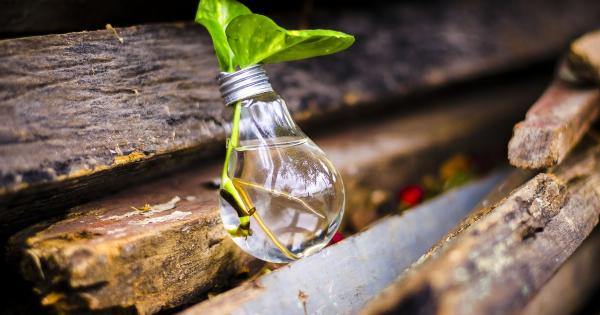In the realm of sexual fantasies, the notion of engaging in passionate lovemaking while immersed in water holds a certain allure. Something about the sensation of slippery skin and the buoyancy of water adds an extra layer of excitement.
However, despite its appeal, engaging in water sex can be more problematic than pleasurable. In this article, we will explore several reasons why you should think twice before diving into the world of water sex.
1. Risk of infection
One of the primary concerns when it comes to water sex is the increased risk of infection. Immersing oneself in water, whether it’s a pool, hot tub, or even a bathtub, creates the perfect breeding ground for bacteria.
The warm and humid environment can facilitate the growth of harmful microorganisms, increasing the chances of urinary tract infections (UTIs), yeast infections, or even sexually transmitted infections (STIs).
2. Water as a poor lubricant
Contrary to popular belief, water does not make for an ideal lubricant. In fact, it can have quite the opposite effect. Water washes away natural lubrication, leaving your intimate areas dry and susceptible to friction.
This can lead to discomfort and even painful intercourse. If you still wish to engage in water sex, it is crucial to use a suitable lubricant to avoid any potential discomfort or injury.
3. Condom effectiveness
If you rely on condoms as a form of contraception or protection against STIs, it is essential to know that water can greatly compromise their effectiveness.
The presence of water can weaken the latex or polyurethane material, making the condom more prone to tearing or slipping off. This puts you and your partner at a higher risk of unwanted pregnancies and potential transmission of infections.
4. Restricted positions and movement
Water can be quite restrictive when it comes to sexual positions and movement. The buoyancy that creates excitement may also limit your ability to achieve certain positions or maintain stability during intercourse.
The lack of friction and the resistance of water can make it challenging to find a comfortable rhythm. This limitation might result in frustration and detract from the overall pleasure of the experience.
5. Unreliable hygiene
Water bodies, such as pools or hot tubs, are public spaces that attract various individuals. The hygiene standards and practices of others may not align with your own.
Engaging in water sex in a public space increases the risk of exposure to harmful substances, such as residual chemicals, urine, or other bodily fluids. These factors can lead to infections or other health complications, making it important to consider the potential consequences before indulging in water-based adventures.
6. Intimacy distractions
While water sex might seem like a thrilling experience, it can also distract from the primary focus – intimacy.
Water-related factors like temperature, splashing, and concerns about safety can divert attention away from connecting with your partner emotionally and physically. Instead of being fully present in the moment, you may find yourself preoccupied with external factors that hinder the quality of the experience.
7. Safety hazards
Engaging in sexual activities in water poses a significant risk to your safety. Water can make surfaces extremely slippery, increasing the likelihood of slips, falls, and other accidents.
Additionally, underwater disorientation or cramping can occur and hinder your ability to react appropriately in case of emergencies. It is essential to prioritize safety before indulging in any sexual activities to prevent unnecessary injuries or even fatal incidents.
8. Emotional factors
The allure of water sex often stems from its depiction in media and popular culture. However, it is crucial to distinguish between fantasies and real-life experiences.
If water sex does not live up to your expectations, it may lead to disappointment, frustration, or even negatively impact your self-esteem or your relationship. Communicating openly and managing expectations with your partner can help avoid potential emotional pitfalls that may arise.
9. Impacts on water quality
While the focus thus far has been on personal risks and factors, it is important to also consider the larger picture. Engaging in water sex, especially in natural bodies of water like lakes or rivers, can have adverse effects on the environment.
Exchanging bodily fluids, using lubricants, or even leaving behind waste products can lead to pollution and detrimental consequences for aquatic ecosystems. It is crucial to show respect for nature and mitigate any potential harm.
10. Alternatives for pleasure
Ultimately, the risks and drawbacks associated with water sex can be avoided by exploring alternative options for pleasure.
Experimenting with different locations or utilizing various props can enhance your sexual experiences without the potential complications that water sex presents. Additionally, focusing on emotional intimacy, communication, and exploring new fantasies can provide a fulfilling and satisfying sex life without the need for water-based encounters.





























